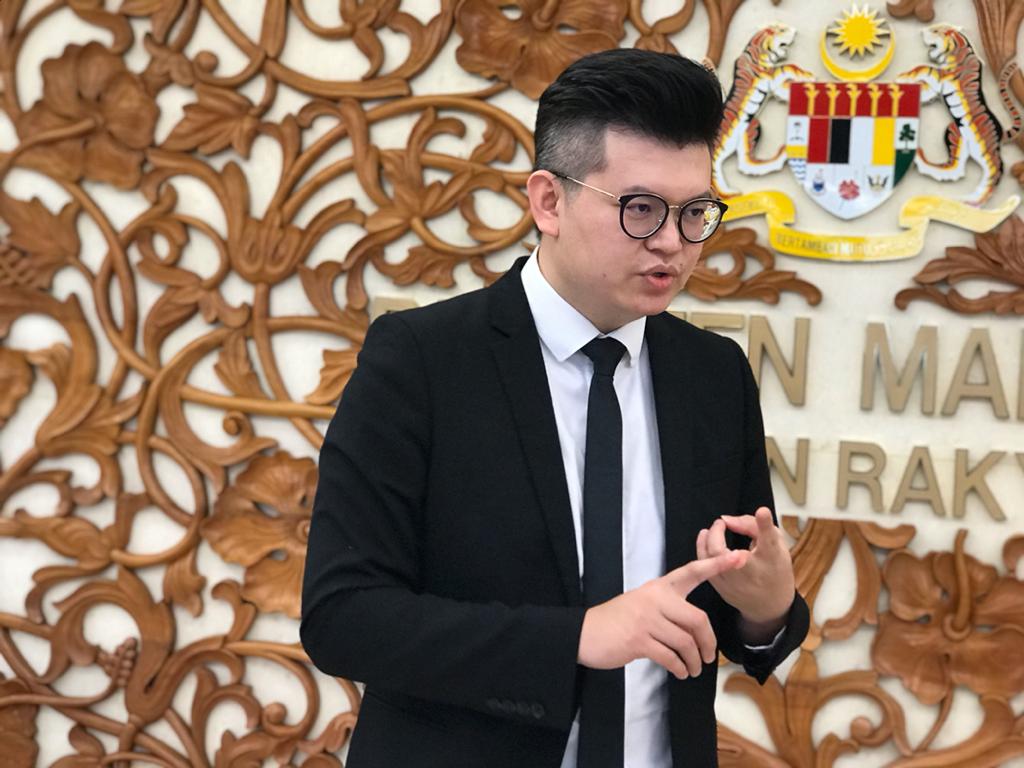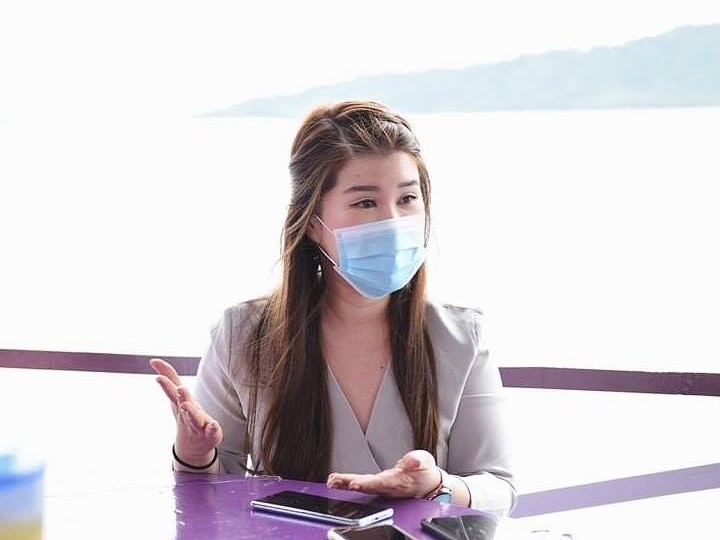KUALA LUMPUR, Sept 7 — East Malaysian representatives have urged the Ministry of Health (MOH) to boost manpower before implementing an unpopular shift system at understaffed government health clinics.
Sandakan MP Vivian Wong Shir Yee told CodeBlue that MOH should correct the huge discrepancy in the health care manpower between big urban centres in west Malaysia and the less developed east Malaysia.
The DAP lawmaker cited a report from the Department of Statistics from 2019 that showed a ratio of one doctor for every 1,369 people in Sandakan, three times wider than the national figure.
Health Minister Dr Adham Baba recently announced at the Dewan Rakyat that Malaysia has one doctor for every 454 people nationwide, as well as a 1:186 ratio of doctors and nurses to the population. The World Health Organization’s (WHO) goal ratio of health care workers comprising both doctors and nurses is 1 to 225 people.
“I can’t imagine how much worse off our health care resources are in the rural areas. And yet, we expect clinics in these areas to operate like those in Kuala Lumpur?” Wong said.
“How bad is the overcrowding condition in these clinics in Sabah and Sarawak? Does the relevant authority have any specific data and survey to indicate the level of congestion in each of these clinics?”
Recently, CodeBlue published a letter written anonymously by a medical officer from Sabah who said that in Sabah and Sarawak, most people still rely on public transportation, which is not available at night, to go to public health clinics (Klinik Kesihatan), thus making it unrealistic to implement a shift system in rural areas, smaller districts, and states like Sabah and Sarawak.
A public health clinic in Malaysia generally operates between 8am to 5pm. A shift system extends the hours to 9.30pm. The two shifts for staff will be from 8am to 5pm and 12.30pm to 9.30pm. CodeBlue understands that several large Klinik Kesihatan in each state are taking part in a pilot project for the shift system.
“How will this be beneficial to the community where public transport does not operate beyond 5pm to 6pm, and both patients and staff, who depend on public transport to get to the clinic, can’t even do so at night?” Wong questioned.
Sabah’s caretaker health minister Frankie Poon said that any implementation of a policy requires thorough thinking, especially when it creates a huge impact on the general wellbeing of both staff and patients.
“If there is a need, then it should be (implemented). But do we have the necessary staff to implement such a system?” Poon told CodeBlue.
The caretaker health minister also stressed that not paying staff for overtime work violates the law, referring to allegations by the anonymous medical officer that some health care workers at certain clinics operating the shift system were forced to take up double shifts (from 8am to 9.30pm) without any monetary or leave allowance.
“They should and must be paid for overtime. It is against the law for not paying overtime,” the DAP lawmaker said.
Kota Kinabalu MP Chan Foong Hin also agreed that health care workers who take up double shifts should be given an allowance.
“As for allowance, I am for it. Accommodation and transport allowance may be necessary as well,” Chan told CodeBlue.
Chan agreed to the shift system that may be fully implemented by the government, as he said that it is similarly important for clinics or hospitals in rural areas to be ever ready to treat patients, even outside hours, but stressed that an increase in the number of staff is necessary.

On the other hand, Bandar Kuching MP Dr Kelvin Yii pointed out to CodeBlue that almost 45 per cent of rural clinics in Sarawak are not run by doctors, but by medical assistants and nurses only.
“In such cases, it is impossible to implement the shift system when there is such a dire lack of manpower in those areas,” Dr Yii said.
“We will get more and more burnout, especially those that continuously have to take double shifts.”
However, the Sarawakian MP did point out that although an allowance may be good to show appreciation to health care workers who take up double shifts, it may not be sustainable in the long term.
Dr Yii, a trained doctor, said that the government should get feedback from relevant stakeholders in the area so that there is no blanket policy that may only work in some clinics.
The DAP lawmaker also said that the shift system may work better in urban areas, where there is better accessibility even during office hours.
“In the rural areas, extended hours may not be practical and best use of resources when patients do not come at night due to lack of access or even transportation especially at night,” Dr Yii added.
Besides that, Dr Yii also highlighted that the quality of other programmes that fall under the role of government health clinics may be affected, as there will be a fewer number of health care workers per shift due to shortages.
On top of basic medical care, government health clinics provide various services, including maternal and child health care, rehabilitation services, dietitian consultation, nutritional counselling, physiotherapy, occupational therapy, emergency cases, pre-pregnancy services, health screening, methadone programme, tuberculosis screening and treatment, and community psychiatry services.








